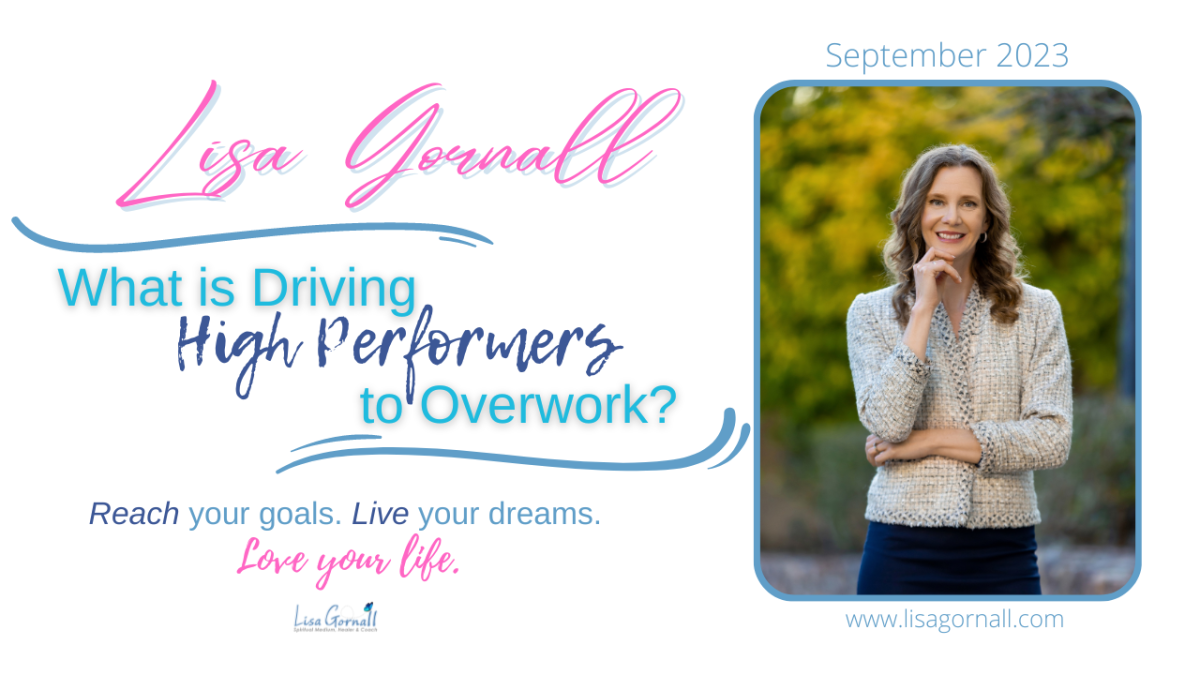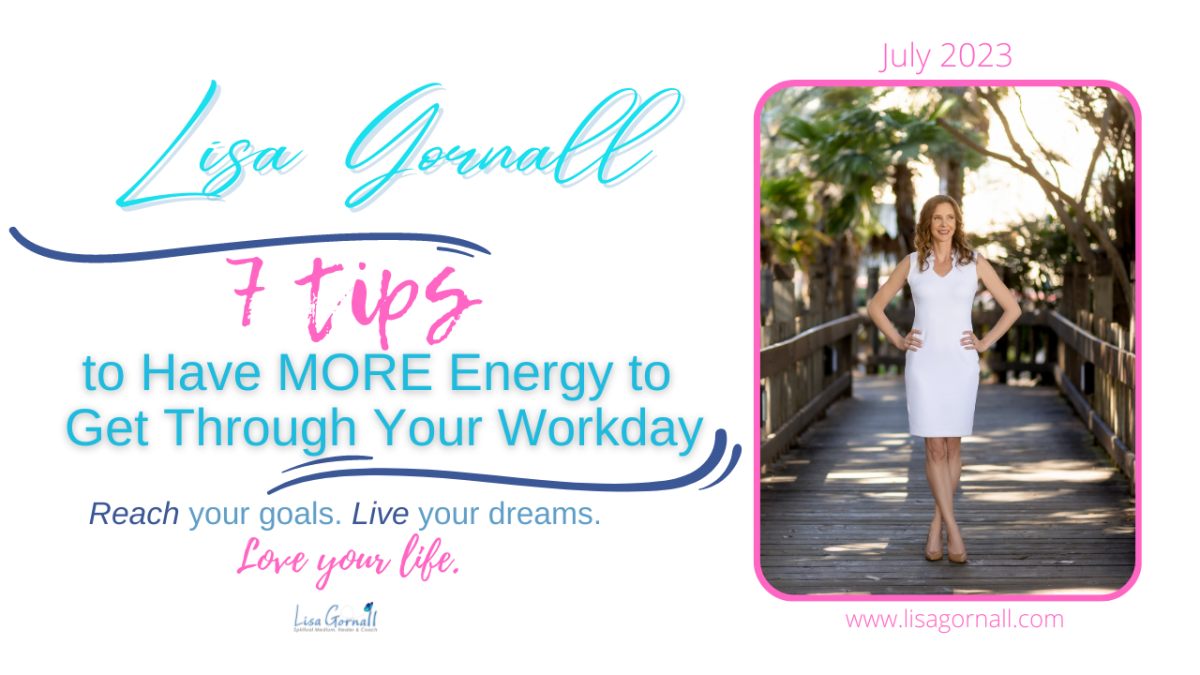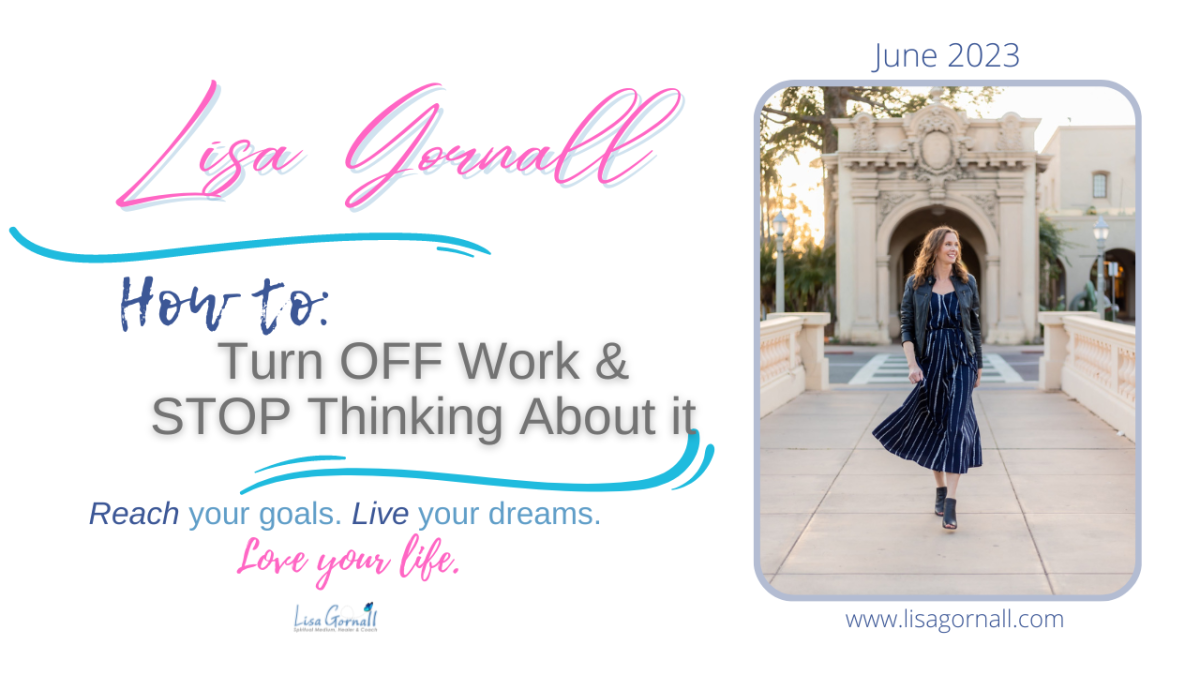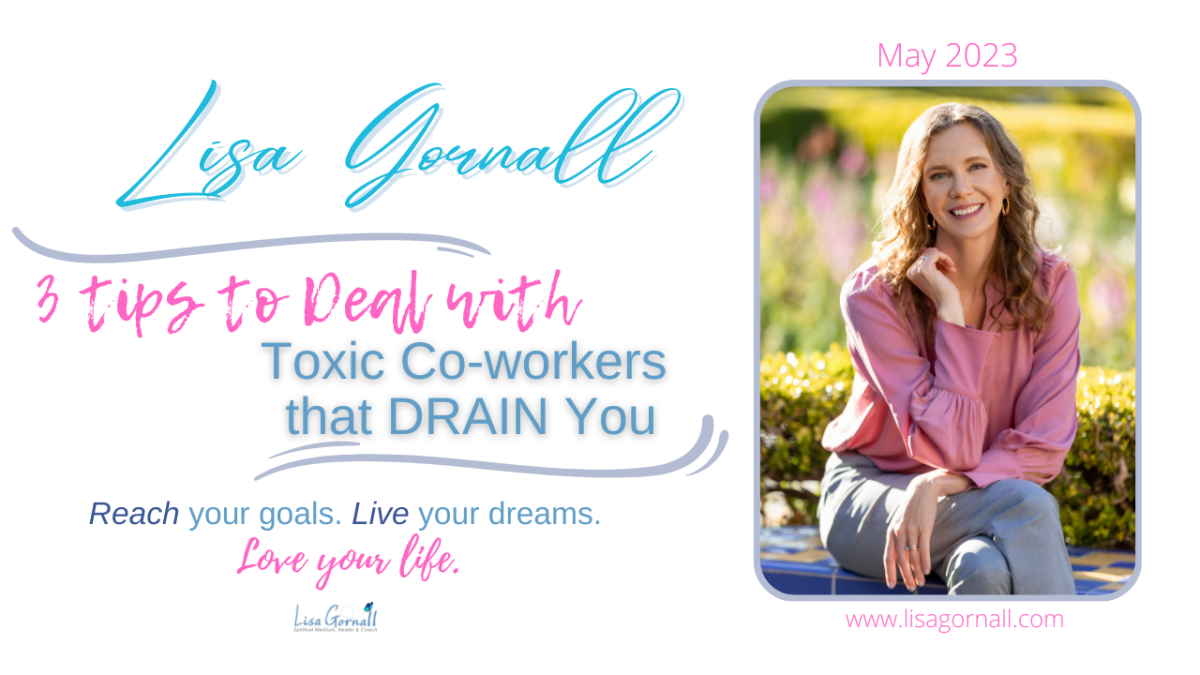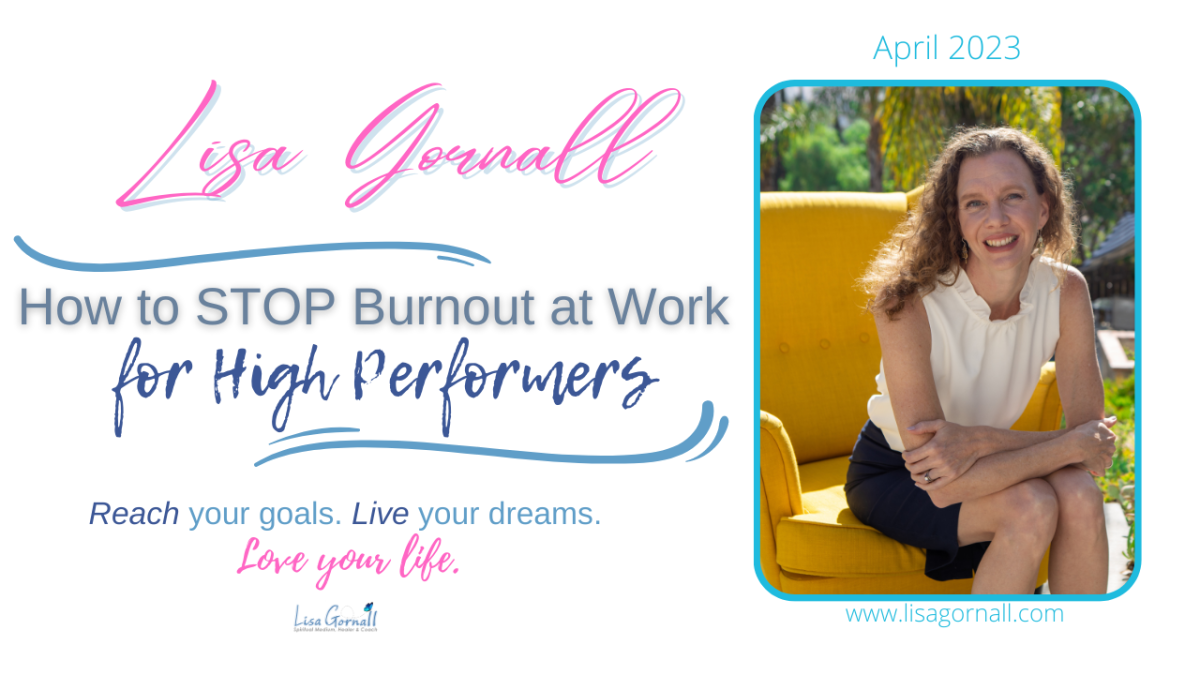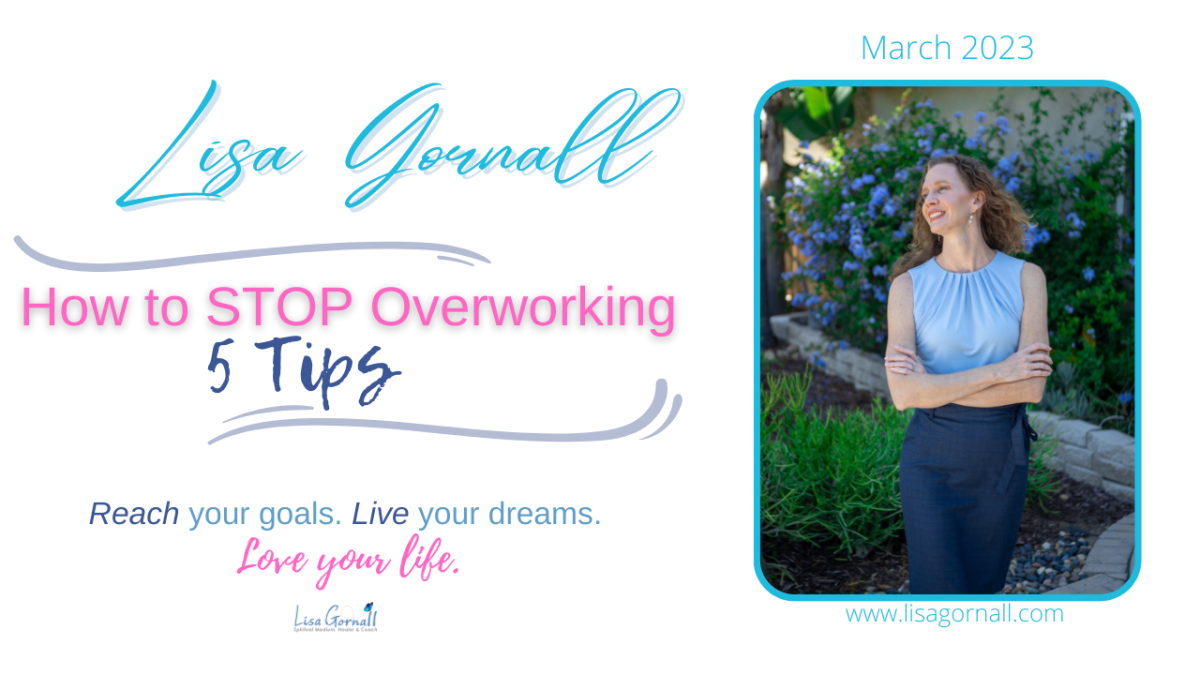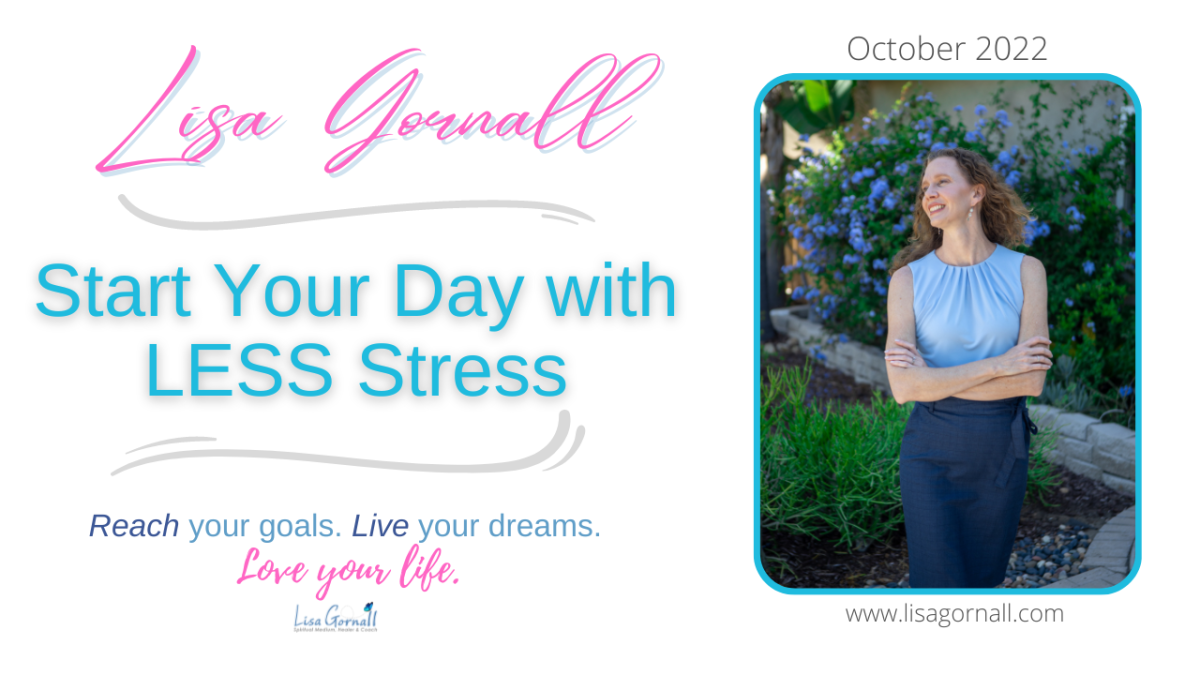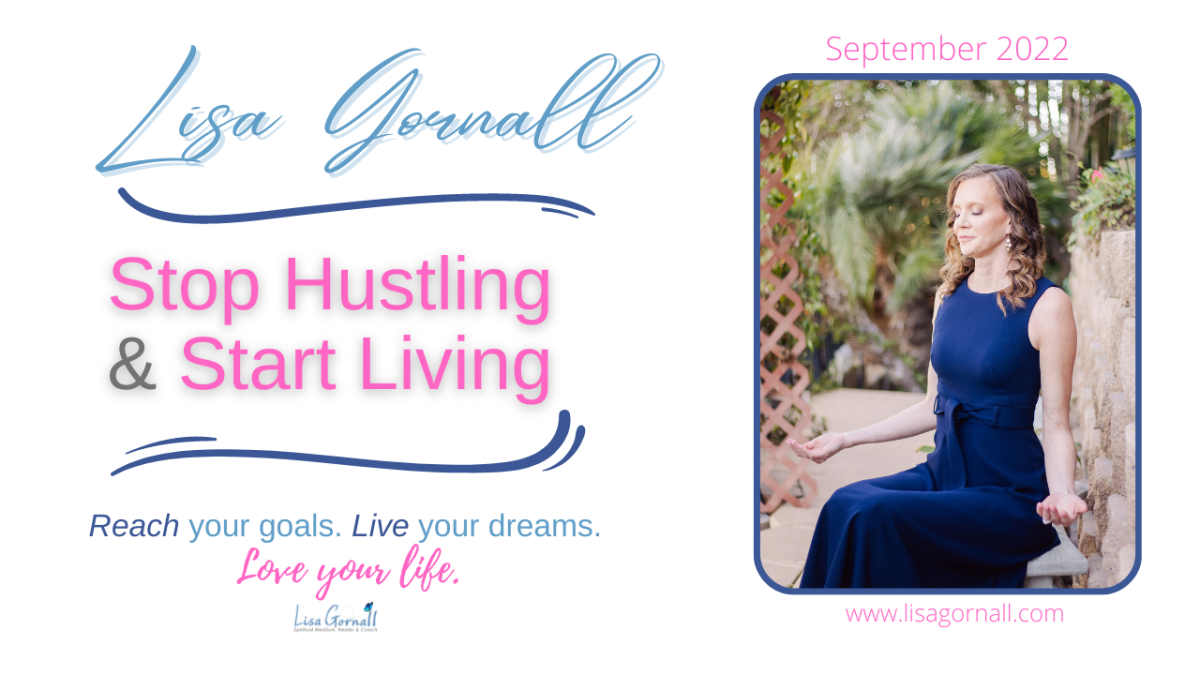Do you hit a work goal and move immediately onto the next one?
Are you driven to succeed but find yourself unfulfilled no matter how much success you reach?
Is your overworking making you feel bitter and resentful as it takes a toll on your personal life?
As a high performer, you push yourself hard at work and you get things done. You set goals and move quickly onto the next one. You’re a rockstar at work until you start to feel unfulfilled, bitter and resentful.
Have you stopped and asked what are you proving to yourself and to others through your work? Most of my clients didn’t…until they realized that how they were working was no longer sustainable and they were on a path to burnout.
What I’ve found through my decades working with high performers is that this drive may have gotten you to the level of success you have today BUT it’s no longer working. Now it’s pushing you on an endless journey of overworking and overachieving…without enjoying the success you’ve created. This leads you to feeling exhausted, overwhelmed and stuck in a vicious cycle that feels pointless at this point in your life. I mean, you are successful. You just don’t feel like you are.
It’s time for sustainable success AND work-life balance.
I discovered years ago that what is driving you to your breaking point is what I call your Success Wound. I’ve created Success Wound™ offers that are trainings, workshops, programs and retreats because there is no cookie cutter solution to healing a high performer’s Success Wound. Let’s dig in…
What is YOUR Success Wound?
Your Success Wound is your energetic drive for more.

No matter how much money and success are in your life, it’s not enough. It keeps you from enjoying your life and drives you to continually achieve.
It’s your constant push and drive for more. More, more, more.
It leaves you feeling unfulfilled and stuck in a vicious cycle that will lead you to burnout or stress leave if left in charge.
Where did Your Success Wound come from?
It starts in your childhood. You either come in with this belief and it makes no sense to anyone that knows you. OR you learned it from family, teachers, experiences and friends when you were little and you’re still carrying that with you today. This is why I call it a wound. It’s a deep, energetic drive that is driving you to prove yourself.
Your Success Wound HAD a purpose. It did drive you and got you to where you are today. But now your Success Wound is preventing you from ENJOYING your success in and out of work.
The continual drive for more is no longer exciting or working for you. Instead it’s keeping you from feeling like you actually do have it all.
What is the energy of your Success Wound?
Your Success Wound is what energetically drives you and it shows up as proving yourself.
I’ve discovered in all my work with high performers in over twenty years, that you’re proving at least one of three things. I am worthy. I am enough. I am love. – it can be any combination of these things.1 -2 – or all 3. Typically it’s two things.

Also, most high performers don’t feel supported, which just fuels the Success Wound.
I have a high performing client that reached 7 figures in her business last year. Her response as she was crying – I thought I would hit this milestone and feel like I did it. I made it. But nothing feels different.
My response – you won’t feel successful when your Success Wound is still in charge. And it was. We’ve since then created a way for her to create sustainable success, have work-life balance and she has the tools to continue to heal layers of her Success Wound when it appears.
How long does it take to heal your Success Wound?
My training on the Success Wound™ is at a minimum an hour to help you know the root of what’s driving you. In my programs, we spend time healing it and as it’s in layers, layers will appear at different times for you to heal.

It isn’t going to be an automatic release. It’s deep. It’s been in charge for decades if not longer.
It’s how you operate. It’s how you work, it’s ingrained in your energy, responses, your relationships, your goals and your dreams. It’s why you overachieve and it impacts all areas of your life.
So we obviously can’t get to the root of your Success Wound here but ask yourself what is driving you to do more, make more, achieve more? I’ll also give you a video to do some energy work to start to heal it. And here’s a video I did years ago that tells you more about how I discovered the Success Wound.
- How are you proving that you’re enough in your work? Or worthy? Or love?
- Who told you that you weren’t these things? That you had to do more?
- Where does that come from? How long have you been doing it? Do you still want to do it?
Who else do you know that over achieves? And to help you look at your situation more objectively, what does their life look like right now? That’s always a great way to get clarity on what you want to do more or less of in your life. Do you want your life to be like theirs?
Your Success Wound started in your childhood. Some of you came in with those beliefs. Regardless of how yours started, it’s layered into your energy and it comes out as an overachieving, high performer that doesn’t feel supported and overworks. And if you stay on this course, it will lead you to your breaking point.
Once you know what you’re proving, you can recognize it and pivot in the moment.
What does your Success Wound look like at work? How does it affect your personal life? What do you want to do differently?
Hitting your breaking point is not a badge of honor.
There is no reward for burnout. Or overworking. Or feeling bitter and resentful about your work.
While the Success Wound is what drives you to overwork, if you put yourself in a work environment that takes advantage of your overworking – that is a fast recipe for stress leave or burnout. Know what drives you so you can stop proving it. No one believes it when you try to prove it anyhow. Stop overworking. It’s not good for you or your work.


